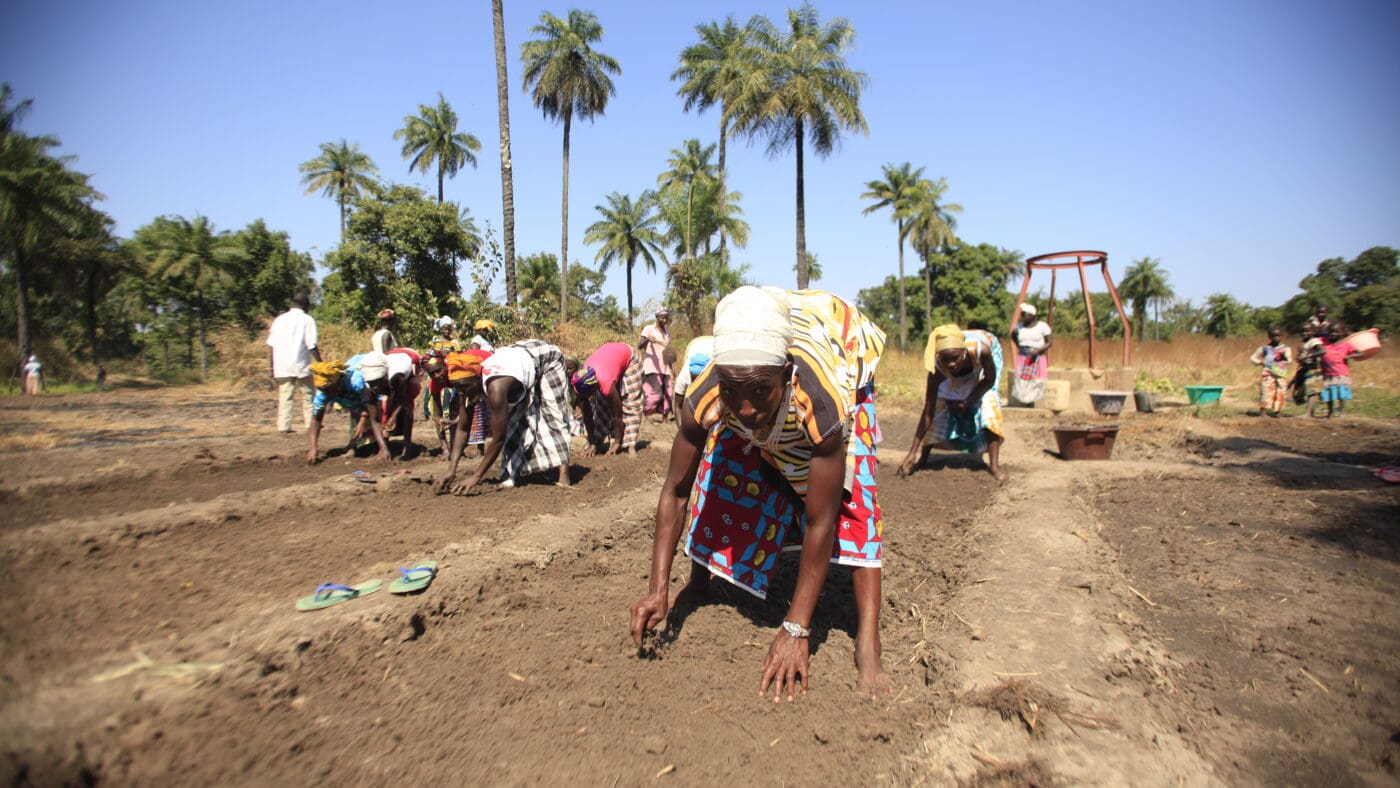
Guinea-Bissau
Chronic food insecurity is compounded by shocks related to political instability, irregular rainfall and volatility of prices for imported rice and local cashew nut production for export.
Poverty & Instability
Ever since it became independent in 1974, Guinea-Bissau has faced political instability and social unrest – resulting in high levels of poverty. Nearly 70% of Bissau-Guineans people live below the poverty line, living on less than $2 per day.
WFP’s Work in Guinea-bissau
Program blocks description
WFP works to prevent and reduce malnutrition among 96,000 children under the age of 5 and pregnant and nursing women. WFP also provides nutrition support to over 6,000 people who are undergoing treatment for HIV or tuberculosis. This improves their general health, and helps ameliorate some of the adverse effects of the drugs used for these diseases, improving treatment adherence.

WFP provides over 173,000 hot meals to schoolchildren, aiming to incentivize school enrollment and attendance. Take-home food rations for female students encourage girls to attend and remain in school. WFP is also working to strengthen the Government’s capacity to manage the school meals program, facilitating the transition toward national ownership.

WFP, in partnership with the Government and local NGOs, aims to protect livelihoods of food-insecure households, building resilience to shocks and improving access to basic social services and markets in rural communities. So far, 96,000 Bissau-Guineans have benefited from WFP’s Food for Asset activities.
